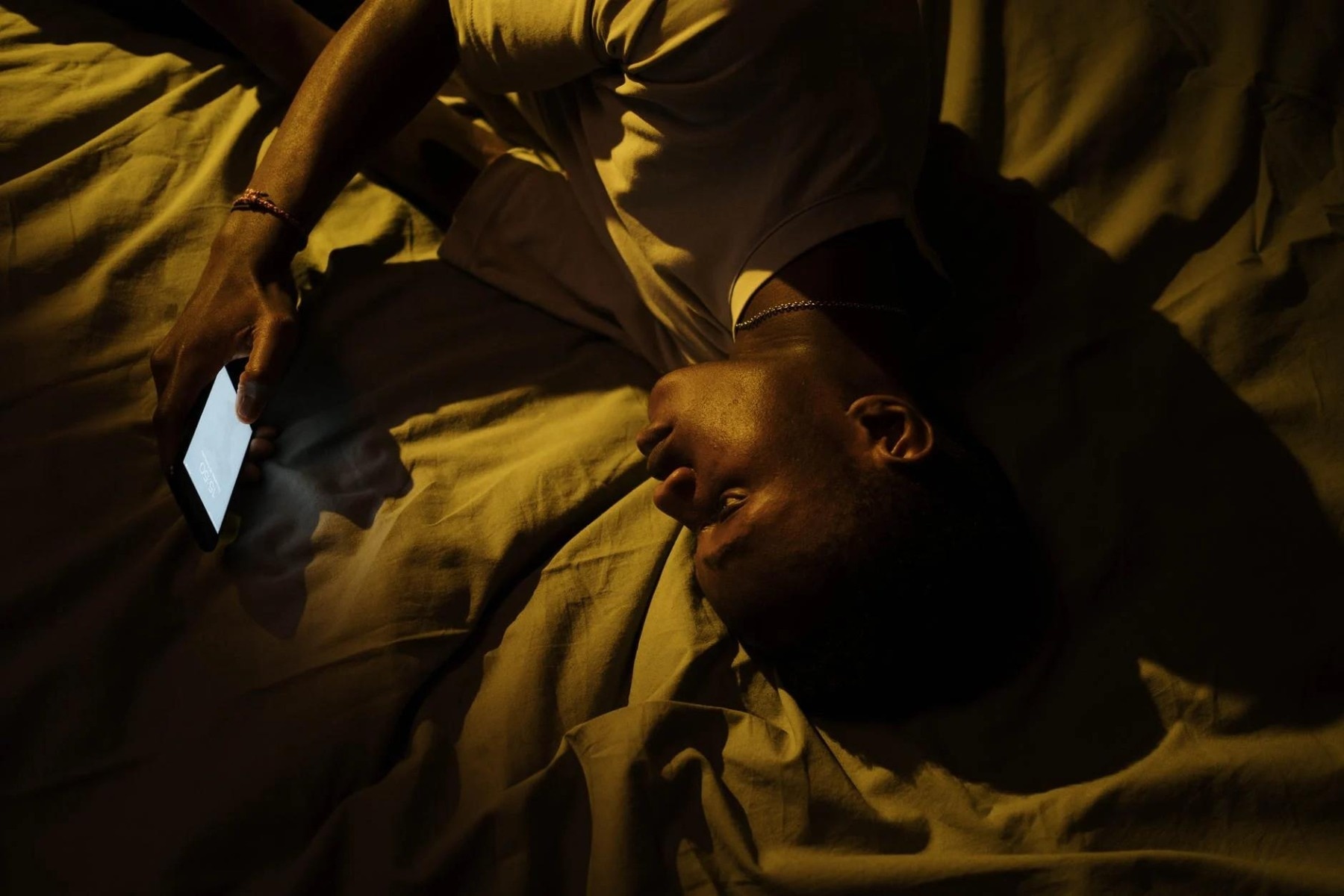A third of UK adults claim to have insomnia, according to reports. But what is it, how can it be tackled and how do you keep it away for good? This article helps shed some light on this highly prevalent sleep disorder.
What is insomnia?
Insomnia is a disorder whereby a person struggles to fall asleep and/or stay asleep for a prolonged period of time. It is different from having the occasional ‘bad night’ because it occurs for an extended period and can have devastating effects on everyday life. In fact, in the most extreme cases of insomnia, a person can be left feeling depressed, anxious and even suicidal.
When insomnia hits, it’s important to recognise the symptoms so that you can take action straight away. Leaving insomnia will not do you any good.
Here are some of the signs:
- You are waking frequently or very early in the morning
- You are finding it hard to get to sleep even though you feel tired
- Your mind is racing when trying to relax
- You feel exhausted throughout the day even though you have had some sleep - this could be an indication of poor quality sleep or waking frequently without realising
- You feel depressed or have a low mood for no apparent reason
- You feel anxious a lot
- You are physically feeling unwell or sick a lot of the time
- You are making more mistakes at work or dropping things / being more clumsy
- You have a shorter temper and are snapping a lot
- You worry about going to bed

What causes insomnia?
Insomnia can happen to anyone, at any time. But there may be some common causes of insomnia that you could identify with.
1) Stress at work or home
2) Anxiety about the future
3) A physical illness
4) Medication you are currently taking (check the label for side effects)
5) Aches and pains (such as lower back pain caused by poor furniture)
6) Menopause / menstruation
What can you do about insomnia?
The first thing that is often recommended by doctors when treating insomnia is to practise good sleep hygiene. This means:
- Putting away screens an hour before bed
- Getting into a good sleep routine / going to bed early enough
- Waking at the same time every morning
- Getting out of bed if you have been trying to sleep for more than 20 minutes, doing a boring 5-10 minute task and then returning to bed to try and sleep again
- Reducing caffeine and alcohol intake
- Do not nap - napping can make it harder to sleep at night
The other thing you can do is talk to your doctor about medicines you can take to aid sleep. For example:
Herbal remedies: Certain herbs like valerian can be extremely helpful in assisting sleep. You can buy natural valerian teas or supplements from many health stores and supermarkets. You might also try a natural stress relief or anxiety spray if you think your insomnia is being caused by anxiety or poor mood.
Over the counter medicine: Certain medications can be purchased in your chemist without a prescription but can be slightly stronger than herbal medicines. Ask your pharmacist for advice.
Prescription medicines: If nothing else is working, it’s important to speak to your doctor about a stronger option. This might be short term, just to help you catch up on missed sleep and improve your overall outlook and wellness.
There will also be some lifestyle changes that can impact your sleep.
For example:
Exercise: More exercise is linked to better sleep. If you manage to do 20 minutes a day, you may notice a profound difference to the quality of your shut-eye.
Stress reduction: High stress levels will make it harder for you to nod off and even harder for you to stay asleep. Try some stress relief techniques to reduce this problem.
Screen time: If you are staring at a computer monitor or phone for a long period of time during the day, you may find it harder to sleep at night. You could also experience more headaches, which then make it harder to sleep. Limiting screen time can help enormously. If you are using a monitor for work, you can also purchase an adjustable monitor stand to ensure you aren’t straining your eyes or neck to concentrate.
Minimising aches and pains: If lower back pain or a headache is causing your insomnia, you need to get comfortable - fast! Ergonomic furniture can help. Furniture designed to fit around the contours of your body can alleviate aches and pains and reduce the prevalence of headaches.
Flexispot can help.
Flexispot offers state of the art, ergonomic furniture for your office and home office, as well as gaming chairs for your downtime and desk bikes for when you need to get more exercise. Speak to us today about our range of products.